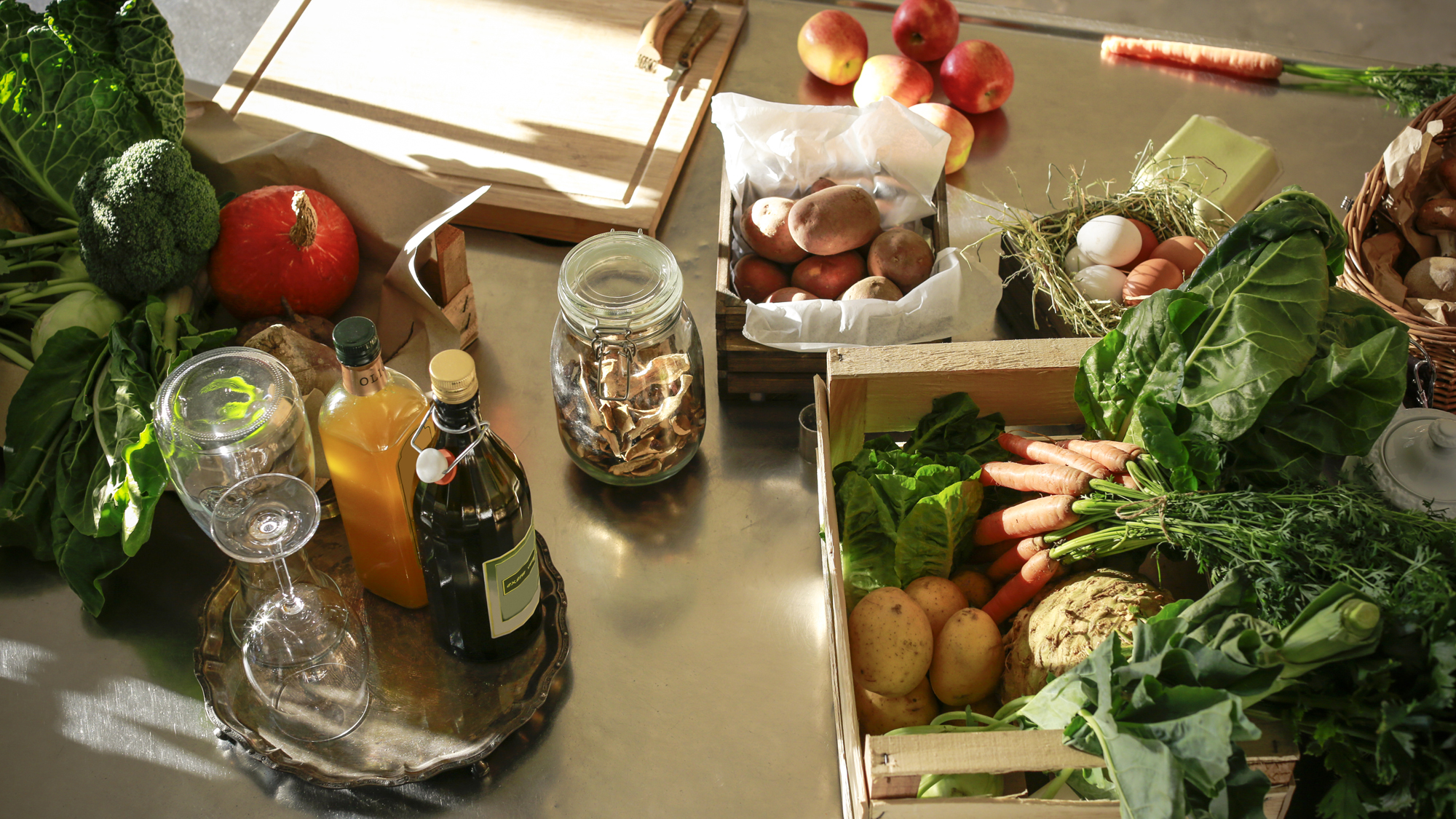Science has identified the foods that can shorten - and lengthen - your life
New analysis of the nutritional and environmental impact for over 5,000 foods shows that we should be cutting back on meat and enjoying a plant-based diet.


Start your week with achievable workout ideas, health tips and wellbeing advice in your inbox.
You are now subscribed
Your newsletter sign-up was successful
After analyzing over 5,800 foods, researchers have found that eating a hot dog could cost you 36 minutes of healthy life, while opting for a serving of nuts instead could gain you up to 26 minutes.
The resulting data will no doubt prove useful for anyone who's keen to figure out how to eat healthily.
In addition to frankfurters, the list of foods that can shorten your life included other processed meats such as corned beef (71 minutes lost), fried foods such as a portion of three chicken wings (3.3 minutes lost) and vegetable pizza (1.4 minutes lost).
Meanwhile, foods identified as actively lengthening life included fish high in omega-3, such as baked salmon (15 minutes gained) and sardines in a tomato-based sauce (82 minutes gained). Perhaps somewhat surprisingly, peanut butter and jelly sandwiches also made the list (up to 33 minutes gained), thanks to their high nut content.
The study, conducted by the University of Michigan, made use of the Health Nutritional Index (HENI), a new database developed to make the health and nutritional data more accessible. Using HENI, you can calculate the impact on your health associated with a serving of various foods, measured in minutes.
The index was created by adapting the Global Burden of Disease, a data tool designed for policymakers and healthcare providers, and combining it with food profiles taken from the What We Eat in America database.
Each food was assigned a score, with positive values adding healthy minutes and negative scores considered as having a detrimental impact on your health. Whilst this is interesting in its own right, but the researchers also linked the foods to their environmental impact.
Start your week with achievable workout ideas, health tips and wellbeing advice in your inbox.
This included how the item was produced, processed, distributed, and cooked. By combining the health and environmental analysis, the team categorized the foods into traffic light-style categories.
To improve your health and protect the planet, the advice is to up your servings of green zone foods. Foods in the red zone are best avoided due to their negative impact on the environment and your health. Examples of both are listed below.
Green zone foods
- Nuts
- Fruit
- Field-grown vegetables
- Legumes
- Whole grains
- Sustainably-sourced seafood
Red zone foods
- Processed meats
- Beef
- Lamb
- Pork
Despite tackling the analysis from a different angle, the researchers found what many others before them have; for our health and the sake of the planet, we should be reducing our intake of red and processed meats and switching to a primarily plant-based diet.
Helpfully, changing your diet is good for your wallet too, as vegan meals are 40% cheaper than meat dishes. So, if you've been thinking about making the switch and need some inspiration, consider getting yourself some of the best vegan cookbooks to get started.

James is a London-based journalist and Fitness Editor at Fit&Well. He has over five years experience in fitness tech, including time spent as the Buyer’s Guide Editor and Staff Writer at technology publication MakeUseOf. In 2014 he was diagnosed with a chronic health condition, which spurred his interest in health, fitness, and lifestyle management.
In the years since, he has become a devoted meditator, experimented with workout styles and exercises, and used various gadgets to monitor his health. In recent times, James has been absorbed by the intersection between mental health, fitness, sustainability, and environmentalism. When not concerning himself with health and technology, James can be found excitedly checking out each week’s New Music Friday releases.